A molecule designed to make Crispr-Cas9 genome editing more efficient could damage other parts of the genome.
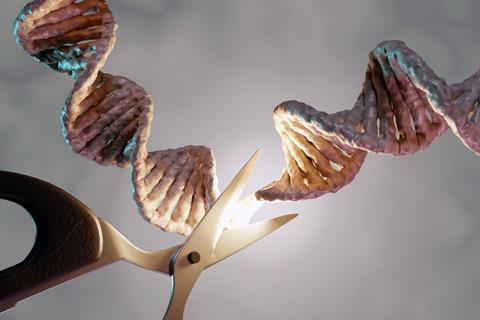
The researchers have urged caution when using AZD7648 during genome editing and said there is a need for further investigation to clarify the extent of unwanted side effects. AZD7648 is a highly potent and selective DNA-PKcs inhibitor that has attracted a lot of interest due to its ability to significantly improve the efficiency of homology-directed repair (HDR) – a process which copies information from a DNA template into a targeted locus – in both transformed cell lines and human cells.
Using short-read DNA sequencing in multiple cell types and across multiple loci the researchers confirmed that AZD7648 did indeed increase the rate of HDR. However, when they used long-read sequencing techniques they discovered that AZD7648 greatly increased the occurrence of kilobase-scale deletions, chromosome arm loss and translocations with unpredictable consequences for the cells edited by the technique.
These large-scale chromosomal alterations, the researchers explained, would generally evade detection through typical genome editing assays. ‘When we ask, “did we successfully have an edit that we wanted?”, we usually look just right around the targeted site,’ explains study author Eric Aird, a postdoctoral researcher at ETH Zurich, Switzerland. ‘So say we want to change just one base pair in the DNA, we usually only look about 200 base pairs surrounding that site and do sequencing,’ he notes. ‘With the short read sequencing, we’d see we were getting close to 100% precise modification. But then with the single cell RNA sequencing, we saw we were losing expression of all the genes downstream of this break site. That spurred us to dig a little deeper.’
The researchers say that the findings suggest caution is needed when deploying AZD7648 alongside Crispr-Cas9 and highlight the need to investigate multiple types of potential editing outcomes. ‘It’s definitely not a step backwards,’ Aird says. ‘It’s just an evolution of understanding what this technology can do, how best to utilise it.’
Sriram Vaidyanathan, principal investigator at the Jerry R. Mendell Center for Gene Therapy at the Nationwide Children’s Hospital, US, says he was expecting a paper like this to appear at some point. ‘I didn’t know from where or how or when, but this was definitely something on my radar,’ he adds. ‘I definitely always worried about potential side effects and potential adverse genomic rearrangements and so the fact that we observe this is not altogether that surprising.’
However, he says there is a caveat, relating to the conditions used by the researchers, specifically the concentration of AZD7648 and the length of time used. ‘If I had done the study, I would have gone with the more conservative conditions – I would think of this as the worst-case scenario,’ he explains. ‘[The work] needs to be repeated with more conservative conditions that have been reported for improving gene insertion.’
Vaidyanathan also points out that some of the most alarming results came from immortalised cell lines that often have faulty DNA repair pathways and other apoptotic pathways. ‘If you look at their primary cell data – the haematopoietic stem cell data – those results are a lot less alarming,’ he adds.
However, he concludes that it’s important work that highlights the value of pursuing a wider set of assays. ‘I am not alarmed enough about any of these sort of safety concerns that are being reported to change my research direction; every new technology that you evaluate is going to come with its own downsides,’ he adds.
References
G Cullot et al, Nat. Biotechnol., 2024, DOI: 10.1038/s41587-024-02488-6






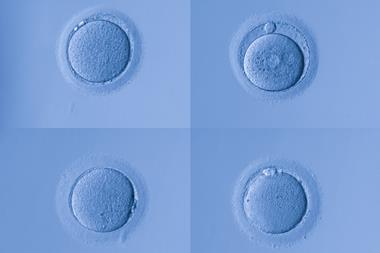
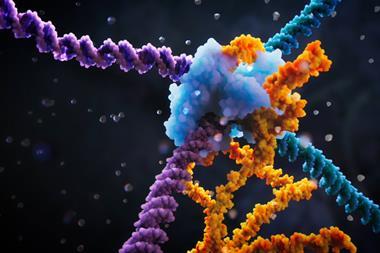
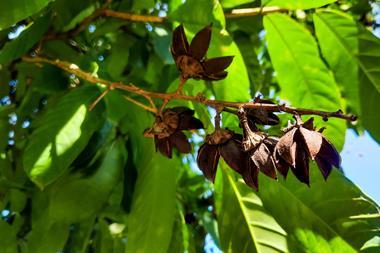

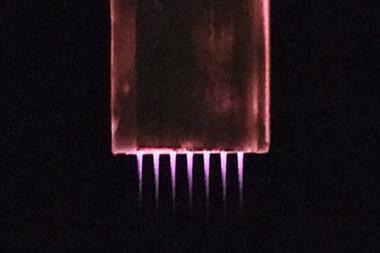



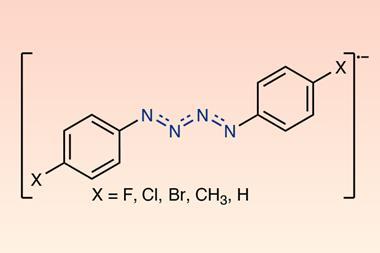
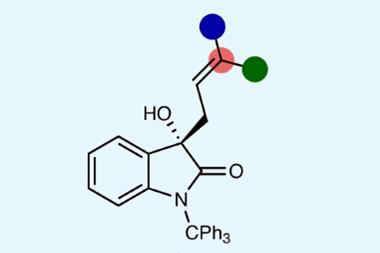

No comments yet